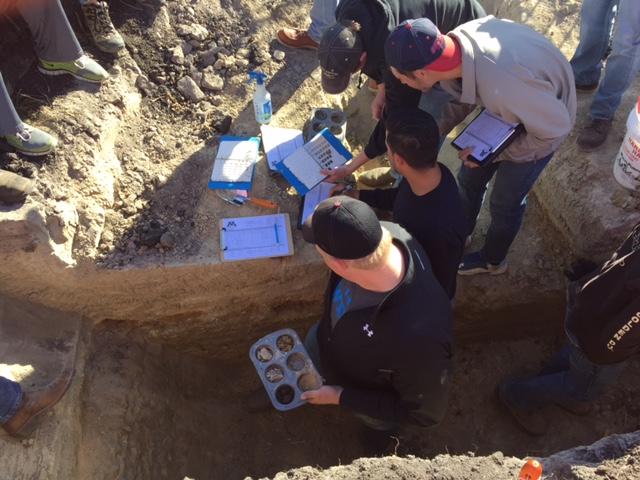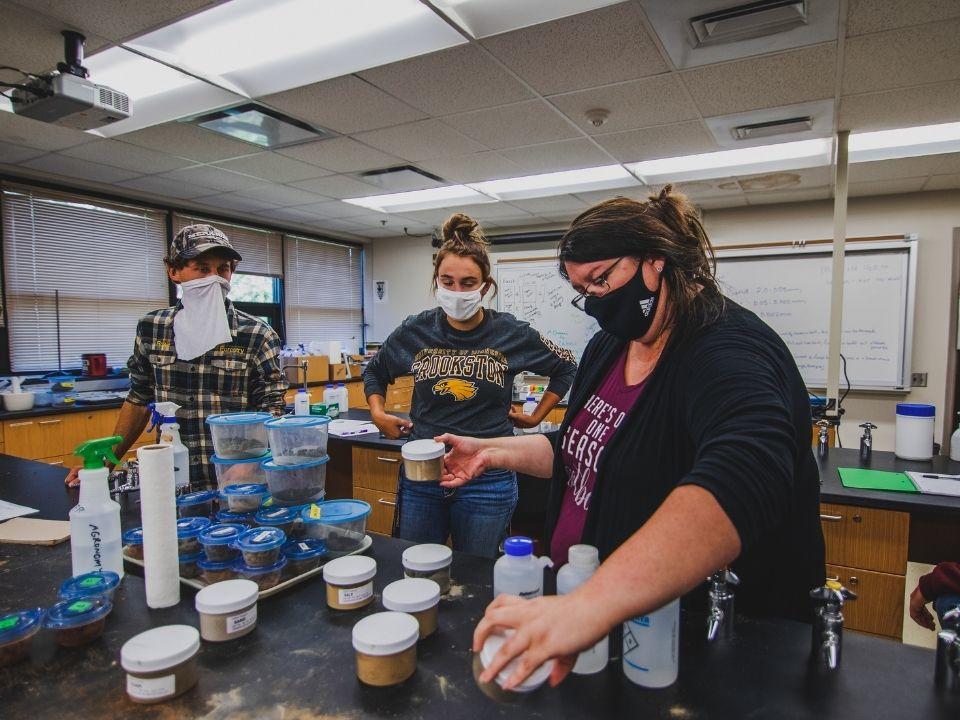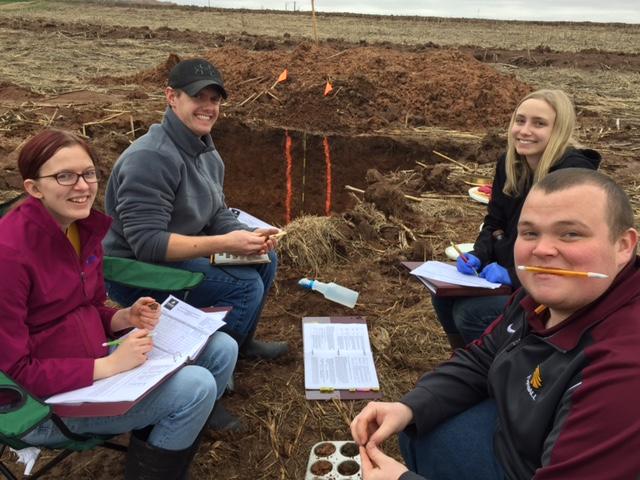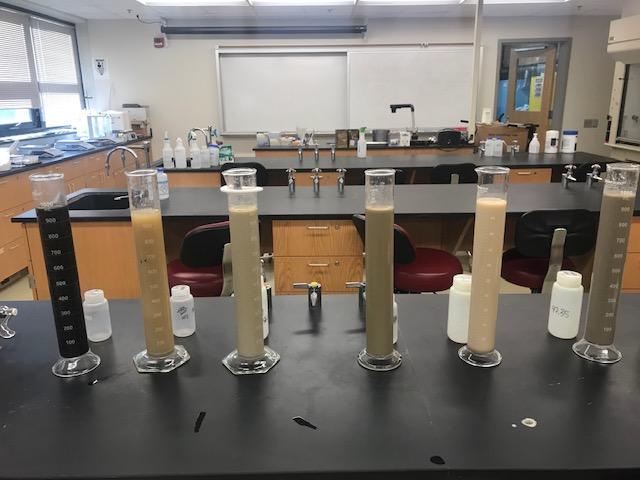
BUILD YOUR FOUNDATION IN SOILS
Soil is the reservoir on which most life on earth depends, as the primary source of food, feed, fuel, forage, fiber, and pharmaceuticals. Soil plays a vital role in sustaining human welfare and assuring future agricultural productivity and environmental stability. A minor in soils will provide students within related fields of study such as Agronomy, Horticulture, Natural Resources, Turf Management, Biology, and Environmental Science with a foundation of the physical, chemical, and biological soil properties and processes essential to such a complex ecosystem.
Want more info?

Program Features
- Tile Image

- Tile Image

- Tile Image

- Tile Image

CAREER PATHS:
- Soil Scientist
- Soil Conservationist
- Environmental and Agricultural Consulting Firms
- Graduate School
AVERAGE SALARIES:
- Soil Scientist $76,290
- Soil Conservationist $ 68,230
Source: US Bureau of Labor Statistics (May 2021)


